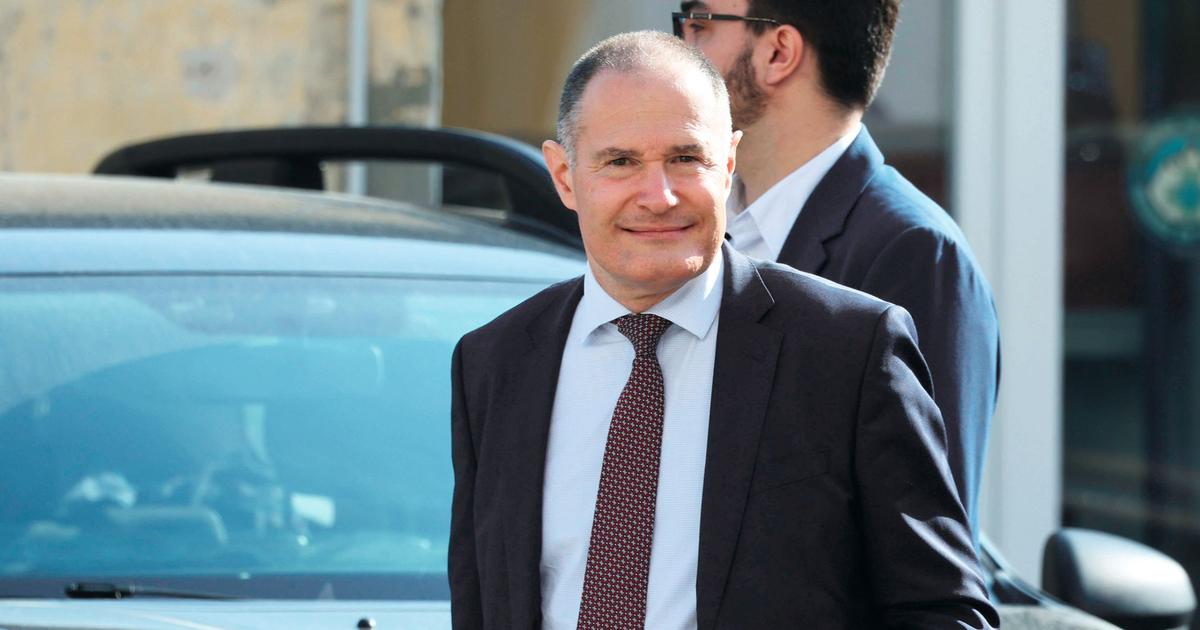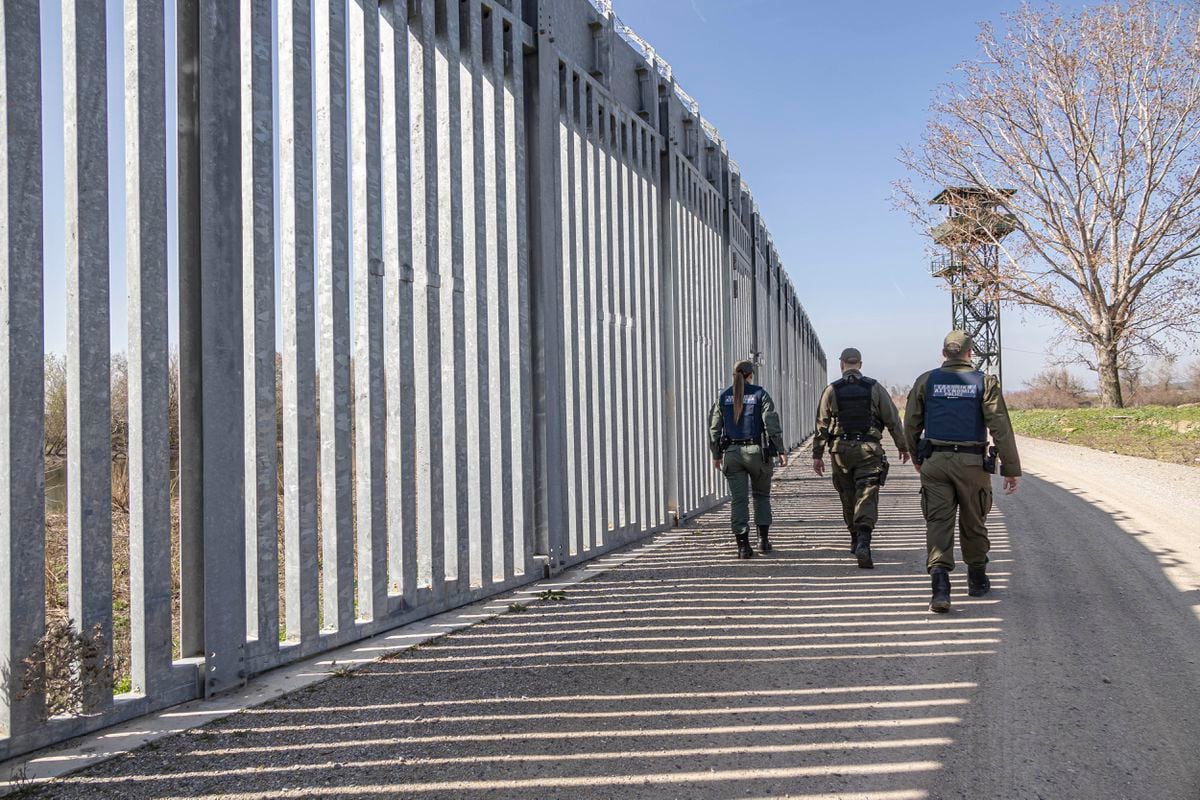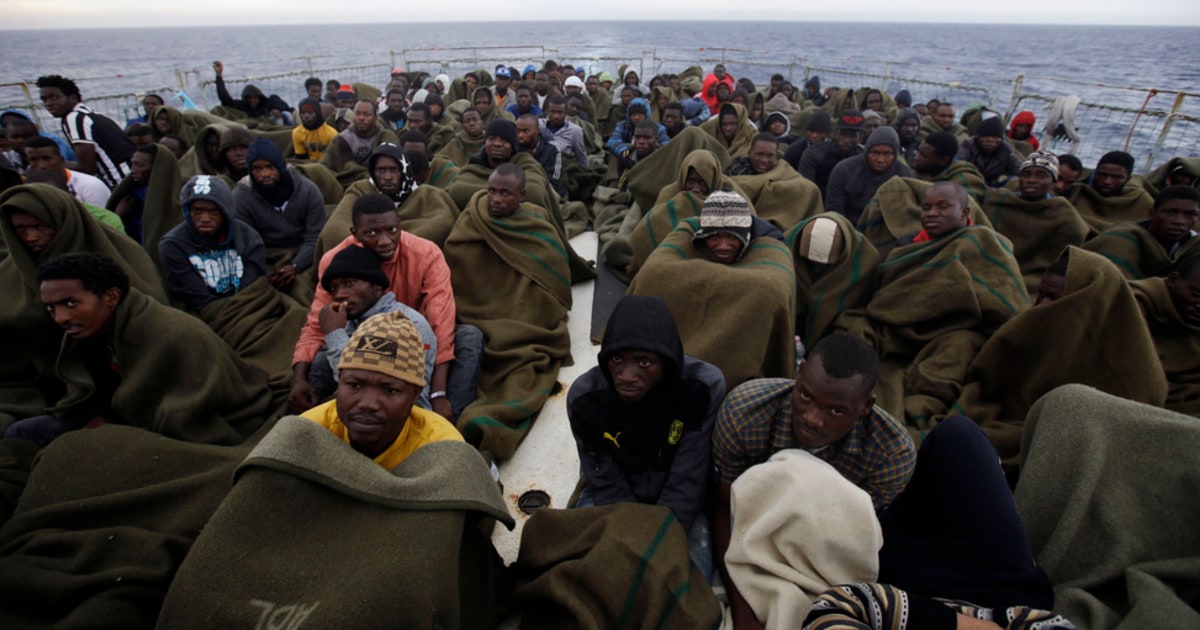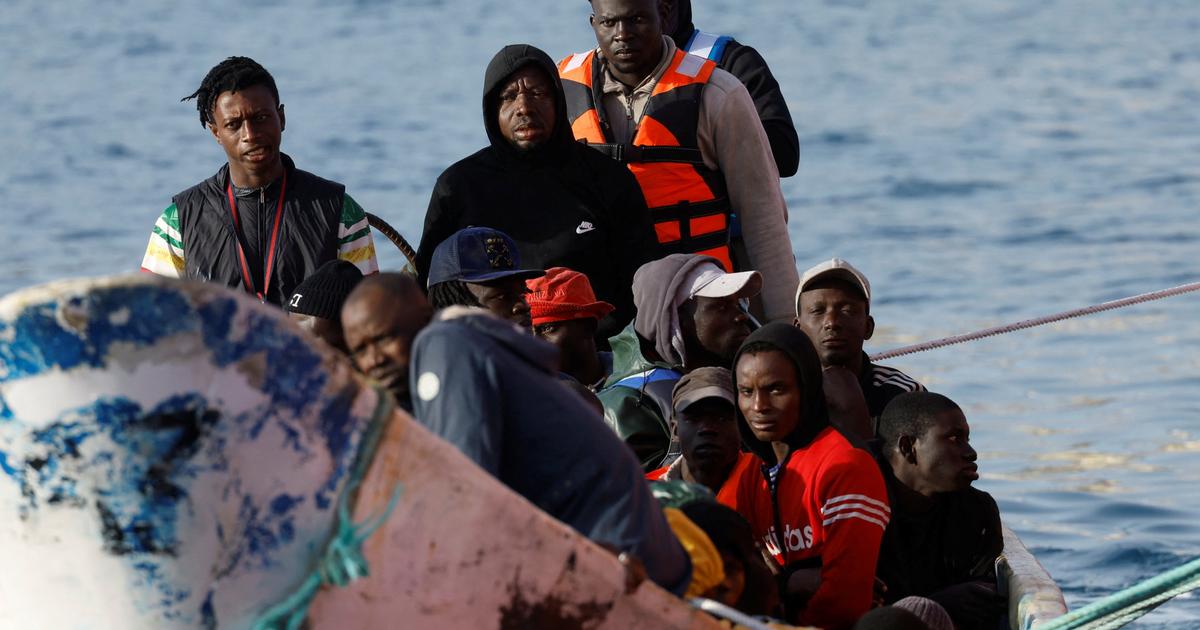The Interior Commissioner, Ylva Johansson, during an interview last February Delmi Álvarez
The flames in the Moria refugee camp have been the unexpected and cruel preamble to one of the most anticipated proposals of the European Commission for this political course: the presentation of the migration plan on the 30th. Fine-tuning it is Ylva Johansson (Stockholm, 56 years).
The commissioner for the Interior knows the history of disagreements that have turned the common reception policy into a highly flammable dossier.
Despite the dark precedents, she takes on the task with some optimism, at least from the outside.
Although without naivety.
"It is a very, very difficult exercise to find commitments that can be accepted by the Member States," she admitted this Thursday in an interview with a group of European media, including EL PA PAS.
Nobody seems to have the formula to get out of the quagmire.
The debate over whether migrants should be divided among the Twenty-seven to share responsibilities has not disappeared, but it sparks furious divisions.
Johansson jealously guards the outlines of the pact.
But Brussels' intention is to offer both host countries and governments tougher on immigration something to hold on to.
“I think that when I present it, no one will be entirely happy.
No one will say, 'this is exactly what I wanted'.
But I hope they appreciate the Commission's effort to reach an agreement and sit down to negotiate ”.
To appease the belligerent capitals with immigration, in the case of Budapest, the Commission wants to speed up the returns of immigrants without the right to asylum, a process that Brussels believes is not being carried out fast enough.
The Community Executive will appeal to solidarity between States to support themselves with the identification of migrants, travel documents or contacts with third countries, steps that small countries like Malta are not capable of carrying out alone.
It also plans to act against the so-called “secondary movements”, the movements of irregular migrants from the country of entry to other EU states, to prevent their recipients from assuming double solidarity.
But Brussels does not only want to set an example of firmness against mafias and irregular immigration.
The Commission is considering creating a supervisory mechanism to monitor removals at the border of people who are not even allowed to apply for asylum.
"For me [applying for asylum] is a fundamental right," she insists.
The current migratory pressure has nothing to do with that of five years ago, when 1.8 million illegal immigrants arrived in the EU.
In 2019 it was only 140,000, but the Commission wants to be ready.
"There is no migration crisis in Europe, but there are migrants in crisis," laments Johansson, who as soon as he took office says he complained about the "unacceptable" conditions in the Greek camps.
For now, the EU works with patches.
Both in recent summers, with the improvised deliveries of rescued by NGO boats, and this year, when 12 countries agreed to become a destination for unaccompanied minors.
641 children and family members have been transferred to the States that joined this voluntary mechanism, especially to Germany and France.
“I witnessed one of the flights, bound for Finland, and the first thing they asked upon arrival was, 'Can we go to school tomorrow?'
It was very encouraging, ”says Johansson.
Relying migration policy to good faith is not part of Brussels' plans, but voluntariness can be a resource in certain situations to save vetoes.
“People tell me that Member States have very different opinions on migration.
And it is true, but it is not the only issue in which it happens ”.
The Swedish leader gives as an example the reconstruction plan, where very distant positions converged in an unprecedented economic stimulus.
As the hot ashes of Moria recall, solidarity, in the case of the migratory pact, will not only be a question of money.

/cloudfront-eu-central-1.images.arcpublishing.com/prisa/IO6ZMML3VFCT7INPUI7SABNLX4.jpg)
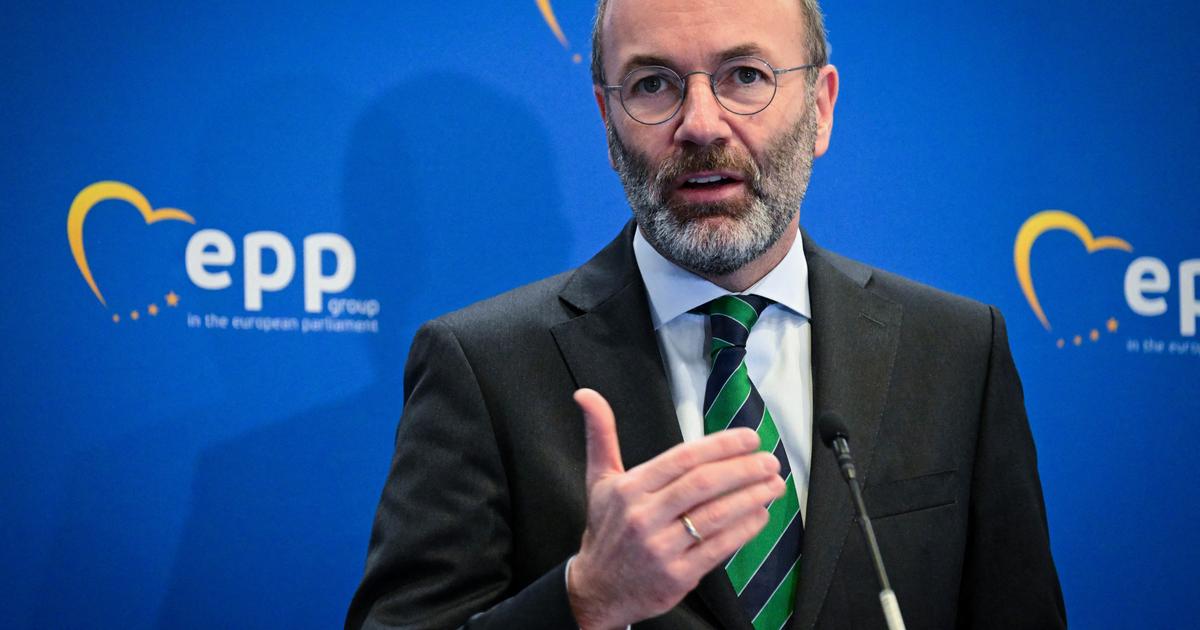
/cloudfront-eu-central-1.images.arcpublishing.com/prisa/WSGIPYQJ3ZBJBLTWACM5ZX2QGA.jpg)
